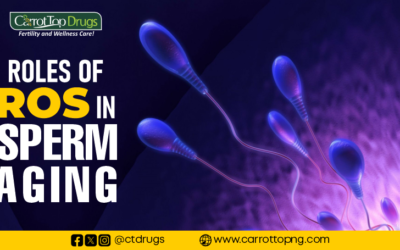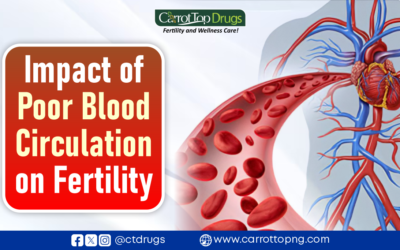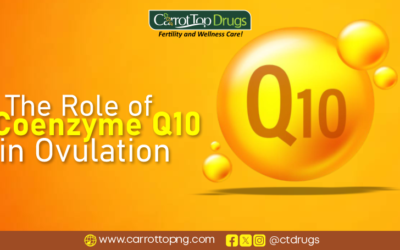An abortion is a procedure to end pregnancy. The pregnancy is ended either by taking medicines (medical abortion) or having a surgical procedure (Surgical abortion). Most abortions are carried out before 24 weeks of pregnancy. An abortion can also be carried out after 24 weeks in very limited circumstances – for example, if the mother’s life is at risk or the child would be born with a severe disability. Abortion is a safe procedure but are safer, and happen with less pain and bleeding, when carried out as early as possible in pregnancy. Most abortion services will ask to perform an ultrasound scan to work out how many weeks pregnant you are. The length of pregnancy is calculated from the first day of your last period.
Having an abortion will usually not affect your chances of becoming pregnant and having normal pregnancies in the future. You may be able to get pregnant immediately after an abortion. It is advisable to use contraception if you do not want to get pregnant, because even though abortion procedures are generally safe, there are risks that something could go wrong.
The risks of abortion complications usually increase if the pregnancy is older. These possible complications include
Needing another procedure to remove parts of the pregnancy that have stayed in the womb.
Serious complications such as heavy bleeding, damage to the womb, or sepsis .
Damage to the womb or entrance of the womb (cervix).
Infection to the womb (Uterus)
There’s also a risk to fertility and future pregnancies if the womb becomes infected and is not treated quickly. The infection could spread to the fallopian tubes and ovaries – known as pelvic inflammatory disease (PID). PID can increase the risk of infertility or ectopic pregnancy (where an egg implants itself outside of the womb). But most infections are treated before they reach this stage, because antibiotics are usually given before an abortion to reduce the risk of infection.
Talk to your doctor as soon as possible if you experience any signs of infection after an abortion, such as: severe pain, a high temperature (fever) or smelly vaginal discharge.
Possible Complications of Abortion

You May Also Like
Introduction When it comes to keeping your body healthy, especially as men get older, one part that needs attention is the prostate. The prostate is...
Introduction Reactive oxygen species (ROS) have emerged as significant contributors to the aging process of sperm and are closely associated with...
Introduction Blood circulation is a fundamental aspect of our health, ensuring that oxygen and nutrients reach every part of the body. When this...
Introduction In recent years, the concept of using probiotics to enhance our immune system has gained significant traction. The immune system is our...
Introduction: Boosting ovarian function is crucial for women striving to enhance their reproductive health and fertility. The ovaries play a central...
Introduction Coenzyme Q10, commonly referred to as CoQ10, plays a crucial role in various physiological processes within the human body. Among its...

Carrot-Top Drugs Limited is a household name for couples trying for a baby. The company is built on a tripod of hard work, transparency, and commitment to our numerous customers.
Women Fertility/Wellness
Men Fertility/Wellness
Contact US
Call Us
+23408173658113
Send an E-mail
Visit Our Office
103 Lagos St, Ebute Metta 101212, Lagos
© 2024 Carrot Top Drugs Limited. All Rights Reserved. Carrot Top Drugs is Nigeria Registered Co.















